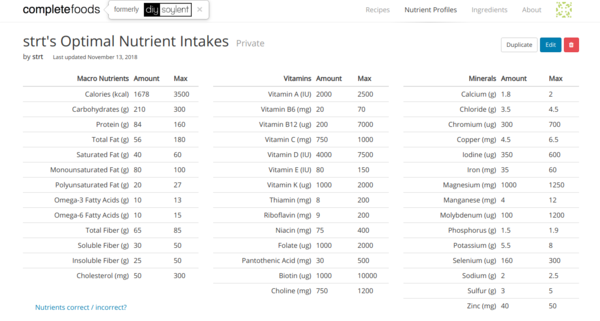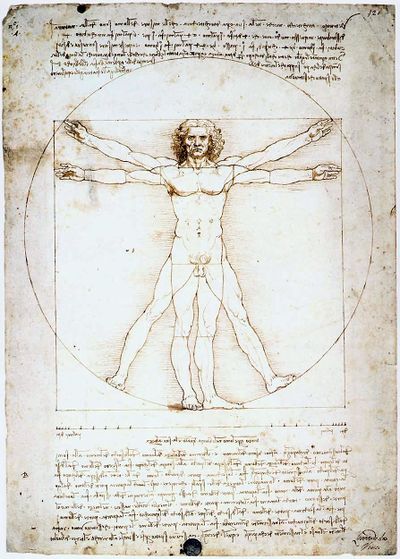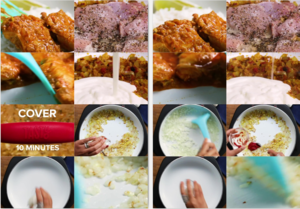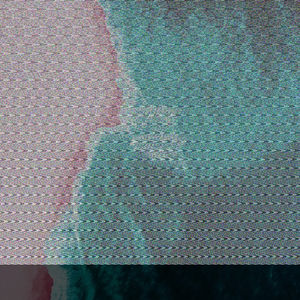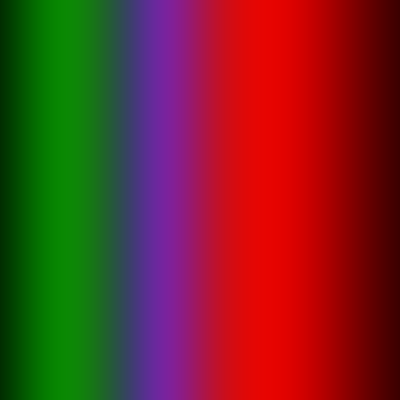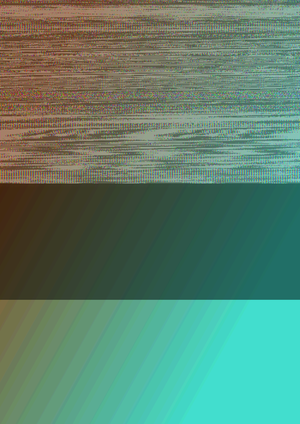User:Alice/Prototyping trim4: Difference between revisions
No edit summary |
No edit summary |
||
| (3 intermediate revisions by the same user not shown) | |||
| Line 59: | Line 59: | ||
piles pile NOUN NNS | piles pile NOUN NNS | ||
. . PUNCT . | . . PUNCT . | ||
=A Django application called ''The Mealgeneer'' = | |||
Based on the personal nutrient profile system on completefoods.co, it will be a humorous exaggeration of personal recommendation of nutrients/vitamins you would need to consume. | |||
Idea: Check the recommendations, make up a meal, associate each quantity of nutrient with a corresponding real food item, then create a meal named after a real version using those ingredients. | |||
The Mealgeneer is your personal sys-admin who recommends you personalized reverse-engineered meals based on your personal profile. What could go wrong? | |||
[[File:Nutrientprofile.png|600px|frameless|center|My personalized nutritional needs]] | |||
[[File:Vitruvian.jpg|400px|frameless|center|Ideal proportions]] | |||
=Publishing experiments with zines/flipbooks/booklets= | =Publishing experiments with zines/flipbooks/booklets= | ||
==Generating flipbooks from YouTube videos== | ==Generating flipbooks from YouTube videos== | ||
The script and documentation for this can be found [https://gitlab.constantvzw.org/zine-machines/flipbooks here]. | The script and documentation for this can be found [https://gitlab.constantvzw.org/zine-machines/flipbooks here]. | ||
[[File:Food flipbook.png|thumbnail]] | |||
=Sound to image= | =Sound to image= | ||
Latest revision as of 13:56, 19 November 2018
Natural Language Processing experiment with recipes
Idea
I would like to train an NLP tool with language specific to recipe writing, so that it can output cooking instructions by mixing and matching various actions and ingredients.
SpaCy
Spacy is an NLP library for Python that is supposed to make some things simpler (potentially easier than NLTK?), such as training, for instance. I have decided to give SpaCy a try, since I found working with NLTK a bit cumbersome at times. I also read this article which compares the two, and SpaCy seems to be performing better speed-wise and not only.
A simple example
Extracting POS tags and lemmas from a cooking recipe
import spacy
import en_core_web_sm
nlp = en_core_web_sm.load()
doc = nlp(u'''Preheat the oven to 200ºC/400ºF/gas. Lay out 3 slices of the prosciutto so they overlap. Repeat with the rest of the prosciutto so you have 4 piles.
Put a frying pan over a high heat. Season the chops well with salt and pepper, then sear in the hot pan on both sides. Place a seared chop on top of each pile of prosciutto.
Divide the sliced apple and Stilton between the prosciutto piles, on top of the pork.
Wrap the prosciutto around each of the pork, apple and Stilton parcels to hold it all in place.
Secure each with a rosemary sprig. Place the prosciutto parcels on a baking tray and bake in the oven for 15 minutes, or until the pork is cooked through.
Serve with mashed potato and greens and cooking juices from the parcels.''')
for token in doc:
print(token.text, token.lemma_, token.pos_, token.tag_)
Extract from result:
Preheat preheat VERB VB the the DET DT oven oven NOUN NN to to ADP IN 200ºC/400ºF 200ºc/400ºf NUM CD / / SYM SYM gas gas NOUN NN . . PUNCT . Lay lay VERB VB out out PART RP 3 3 NUM CD slices slice NOUN NNS of of ADP IN the the DET DT prosciutto prosciutto NOUN NN so so ADV RB they -PRON- PRON PRP overlap overlap VERB VBP . . PUNCT . Repeat repeat VERB VB with with ADP IN the the DET DT rest rest NOUN NN of of ADP IN the the DET DT prosciutto prosciutto NOUN NN so so ADP IN you -PRON- PRON PRP have have VERB VBP 4 4 NUM CD piles pile NOUN NNS . . PUNCT .
A Django application called The Mealgeneer
Based on the personal nutrient profile system on completefoods.co, it will be a humorous exaggeration of personal recommendation of nutrients/vitamins you would need to consume.
Idea: Check the recommendations, make up a meal, associate each quantity of nutrient with a corresponding real food item, then create a meal named after a real version using those ingredients.
The Mealgeneer is your personal sys-admin who recommends you personalized reverse-engineered meals based on your personal profile. What could go wrong?
Publishing experiments with zines/flipbooks/booklets
Generating flipbooks from YouTube videos
The script and documentation for this can be found here.
Sound to image
Experiments with translating sounds and tones to raw data, and then to images.
The resulting image can be superimposed with other images, such as photos and gradients.
Experiments with generating a gradient using Python
import math
from PIL import Image
im = Image.new('RGB', (1000, 1000))
ld = im.load()
def gaussian(x, a, b, c, d=0):
return a * math.exp(-(x - b)**2 / (2 * c**2)) + d
for x in range(im.size[0]):
r = int(gaussian(x, 231.3135, 666, 201.5447) + gaussian(x, 17.1017, 395.8819, 45))
g = int(gaussian(x, 129.9851, 157.7571, 108.0298) + gaussian(x, 27.6831, 399.4535, 143.6828))
b = int(gaussian(x, 3000, 3000, 8.0739) + gaussian(x, 158.8242, 402, 87.0739))
for y in range(im.size[1]):
ld[x, y] = (r, g, b)
im.save('test2.png', 'PNG')
from reportlab.pdfgen.canvas import Canvas
from reportlab.lib.pagesizes import landscape
from reportlab.lib.colors import (
darkorchid, peachpuff, tan, teal,
orangered, papayawhip, royalblue,
red, green, blue, yellow, cornsilk,
rosybrown
)
from reportlab.lib.units import mm
canvas = Canvas("gradient.pdf")
canvas.setPageSize((210*mm, 297*mm))
canvas.linearGradient(10*mm, 200*mm, 190*mm, 100*mm, (teal, papayawhip))
canvas.showPage()
canvas.save()

